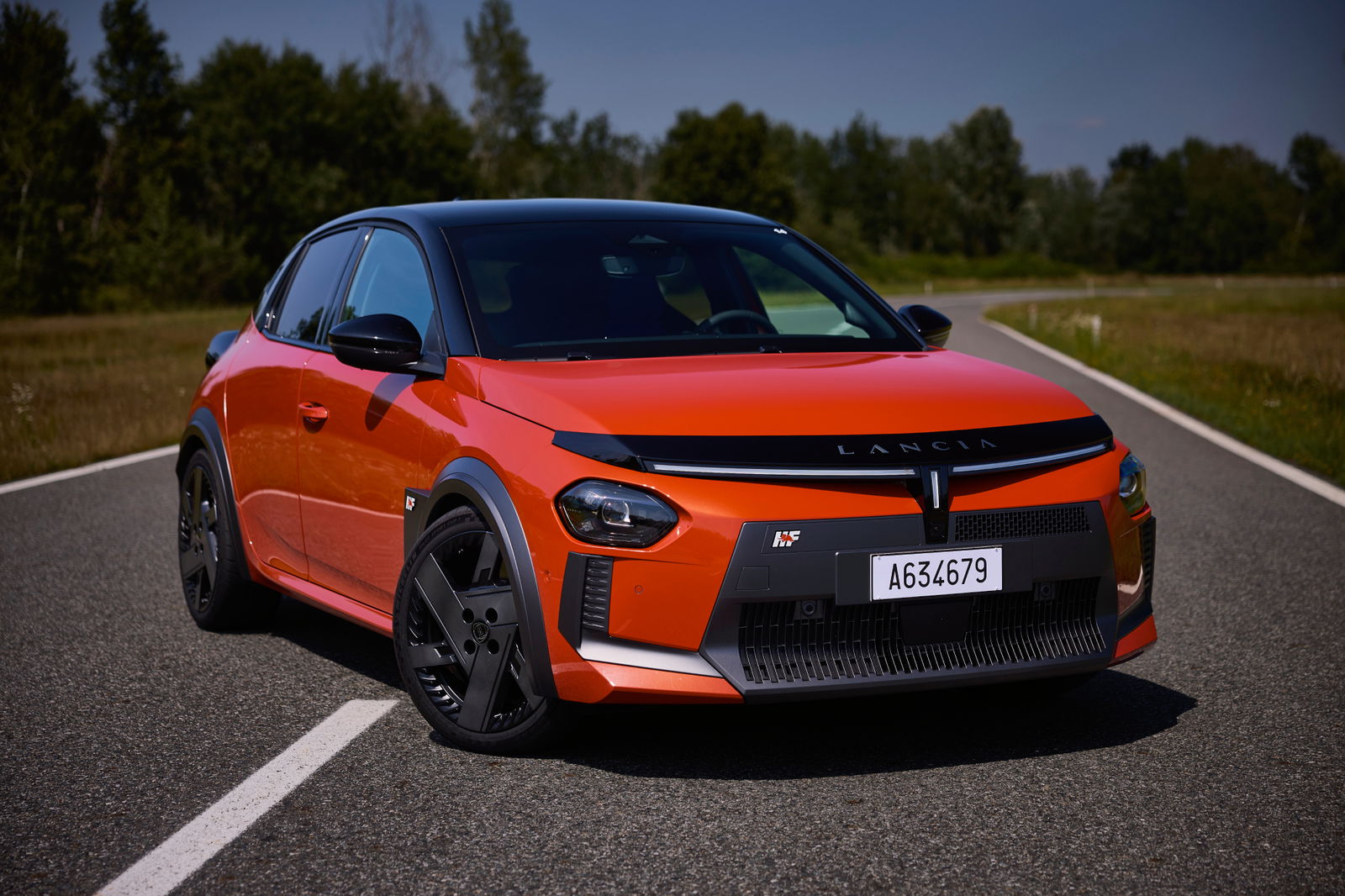Stellantis – the conglomerate born out of the merger between FCA and PSA in 2021 – had announced in 2022 that its European model lineup would consist solely of EVs by 2030.
This was set to impact 10 of its brands – Abarth, Alfa Romeo, Citroen, DS, Fiat, Lancia, Maserati, Opel, Peugeot, and Vauxhall – which were also put on notice, with underperformers threatened to be cut.
However, a cooling of EV demand globally plus Stellantis’ own failure to capitalise on the European market has seen it walk back those goals, according to comments made by one of its executives.

Reuters reports Jean-Philippe Imparato, Stellantis’ head of enlarged Europe and the CEO of Alfa Romeo, said the car giant won’t continue on its path towards only selling EVs in the region by the end of the decade.
The executive also reportedly echoed previous comments made by his fellow Stellantis colleagues, claiming the deadline to ban new petrol and diesel vehicles in the European Union by 2035 isn’t achievable across the industry.
All of the brands which Stellantis markets in Europe have not yet moved to an EV-only lineup, with the conglomerate instead to work on providing more full-hybrid alternatives to reduce emissions, according to Automotive News Europe.
These will be sold alongside the existing lineup of mild-hybrids, plug-in hybrids and range-extender EVs.

Last year the electric-only Fiat 500e was the 19th best-selling EV in Europe, the only Stellantis product to make the top 20 rankings. Its relative unpopularity has led to a petrol version being reintroduced.
The recent announcement is the latest case of Stellantis walking back goals in certain markets following the departure of former CEO Carlos Tavares last year.
Arguably the biggest changes have been occurring in the US, where the Hemi V8 engine has been brought back from the dead, as has the performance division SRT.
This was in response to weakened demand for the products no longer available with V8s, as well as growing resentment from the North American dealer network towards Stellantis’ European operations.












Discussion about this post